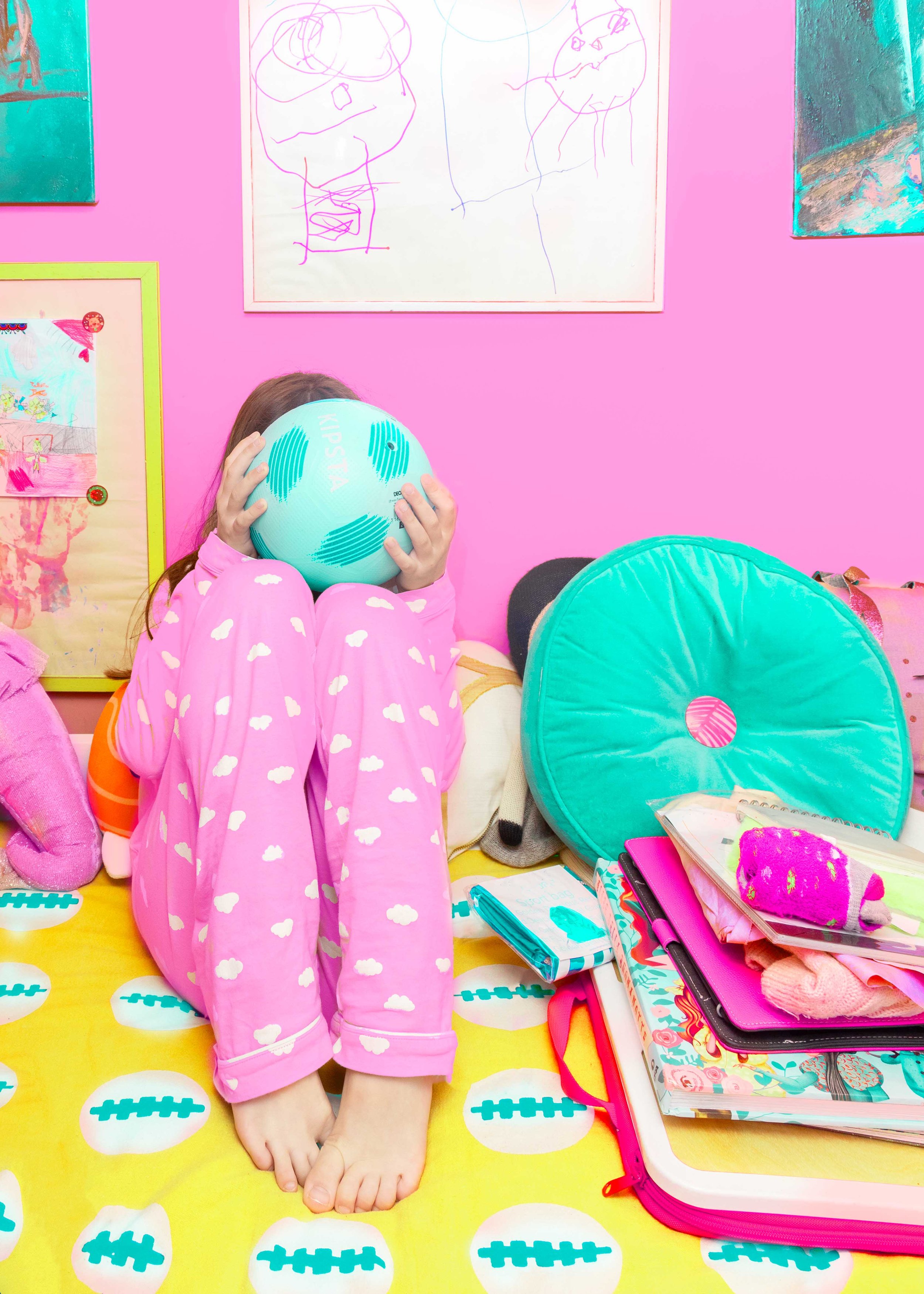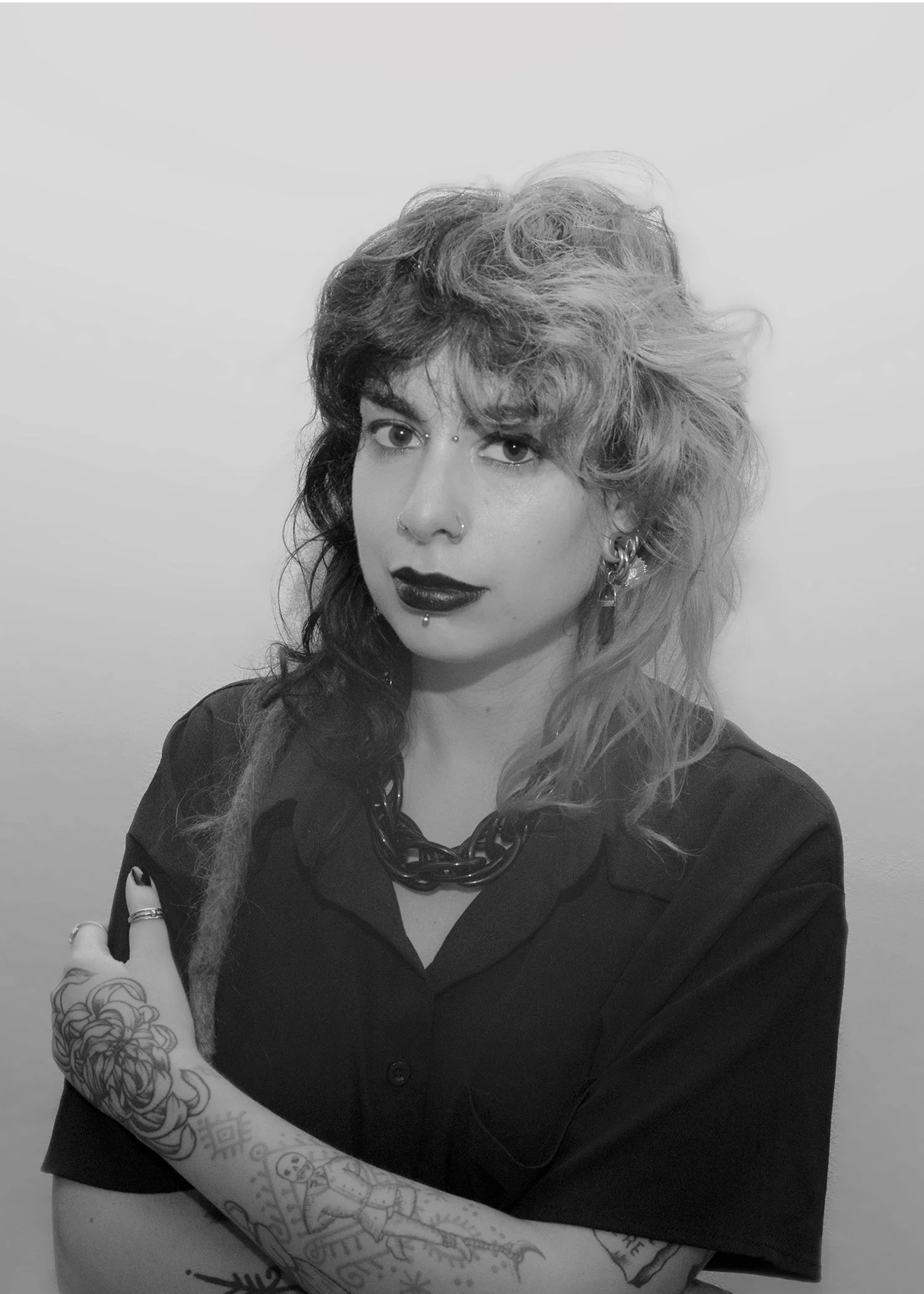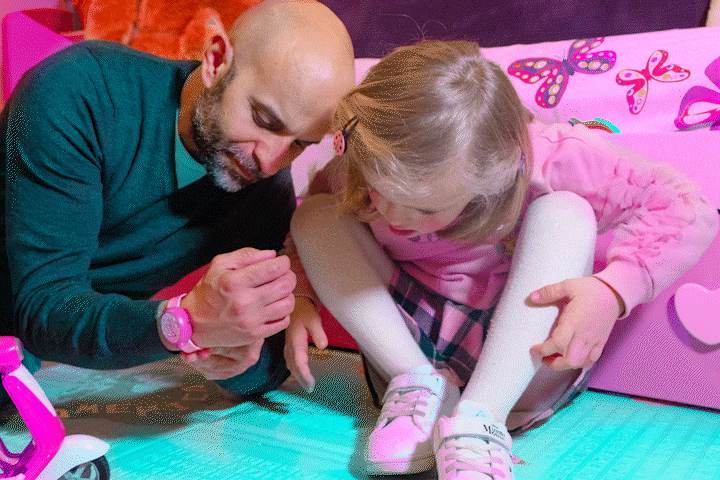Noemi Comi
Noemi Comi is a visual artist and photographer born in Catanzaro in 1996. He studied at the LABA, Libera Accademia di Belle Arti in Florence, where he graduated with honorable mention in Photography. She’s currently attending the Biennium of Photography of the Accademia di Belle Arti di Brera. His works have been exhibited in collective and solo exhibitions including Phest Monopoli, Somerset House London, Photometria Festival Ioannina, Foto Wien Vienna, Interphoto Festival Bialystok, MIA Fair Milano, Palazzo Tadea Spilimbergo and Biennale della Fotografia Femminile Mantova. Since 2020 she has been a winner or a finalist for awards such as Sony World Photography Awards, Gomma Grant, Premio Marco Pesaresi, New Post Photography Award, Premio Franceso Fabbri per le Arti Contemporanee, OD Photo Prize, Gibellina Photoroad, Premio Castelfiorentino and Premio Luigi Ghirri - GFI#11. Noemi’s works are characterized by the use of strong colors and surreal atmospheres. A continuous journey between reality and fiction that documents the deepest aspects of contemporary society.

Album di Famiglia
Unpublished project commissioned by Fotografia Calabria Festival 2024
How is the Italian family today? This is the question that inspired the work Album di famiglia by Noemi Comi, a young emerging photographer. project has been commissioned by Fotografia Calabria Festival for the 2024 edition in partnership with Lomography Italia. Some of Noemi Comi’s shots were actually taken with a Diana F camera equipped with a glass optic and Purple Pétillant films.
The project’s protagonists, selected throughout the national territory from the South to the North of Italy, are families composed of homosexual couples, single parents, with children born with the in vitro fertilisation technology or adopted, but also families without children.
Album di Famiglia introduces a pivotal reflection in the light of the civil rights obtained in recent years in topics such as marriage, adoption and motherhood that are carrying a deep change in the social texture of a country that is no longer only Catholic, but above all secular.
If once family was contemplated exclusively as composed of a man and a woman, their children, any grandparents and relatives, nowadays this idea has culturally mutated and we are increasingly led to believe that the family is a place where first and foremost there is love, and love can have endless nuances. Each of those has its own story to collect in a Family Album, a selection of photographs that show the choice of belonging to a family considered "untraditional" in Italy, a choice dictated by the need to be free to love and to choose one's happiness by fighting against stereotypes and breaking down social and cultural barriers.
Hence the contrast generated by the more possible traditional narrative such as that of collecting moments of life in a photo album but made by families felt as the least "traditional" possible.
It‘s up to those who watch to inquire themselves if this contrast really exists or if it is just the result of a cultural heritage to dismiss.
Chiara Gargioli, journalist

